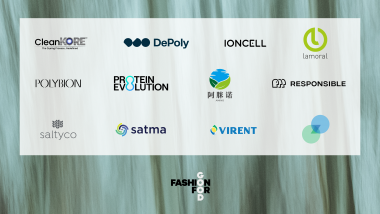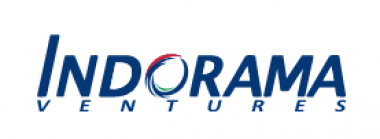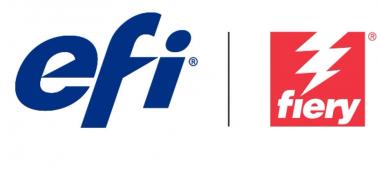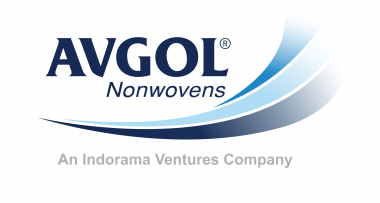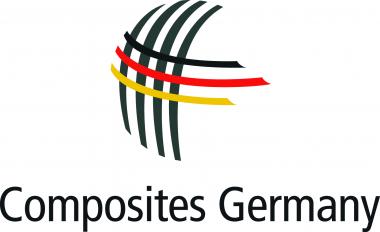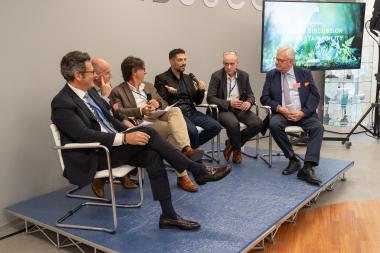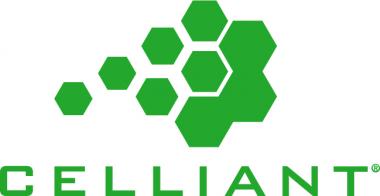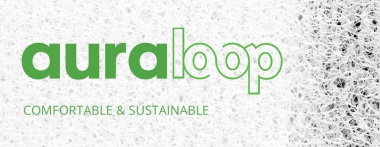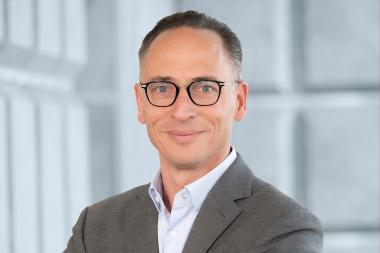Fashion for Good welcomes start-ups to its Global Platform
Fashion for Good welcomes twelve new start-ups to its Global Platform. The selected Innovators will participate in a nine-month innovation programme with bespoke support to validate their technologies in preparation for implementation across the fashion value chain.
The selected innovators represent technologies across Raw Materials, Processing, Traceability & Transparency, Circular Business Models and End of Use.
The selected innovators joining the Fashion for Good 2023 Innovation Programme are: Virent, Inc., ZimoChem Inc, Polybion, Saltico Ltd, Lamoral Coatings B.V., CleanKore LLC, RESPONSIBLE, Qingdao Amino Material Technology Co., Ltd.,Protein Evolution, Inc., DePoly, Ioncell Oy, and SATMA CE.
Fashion for Good


